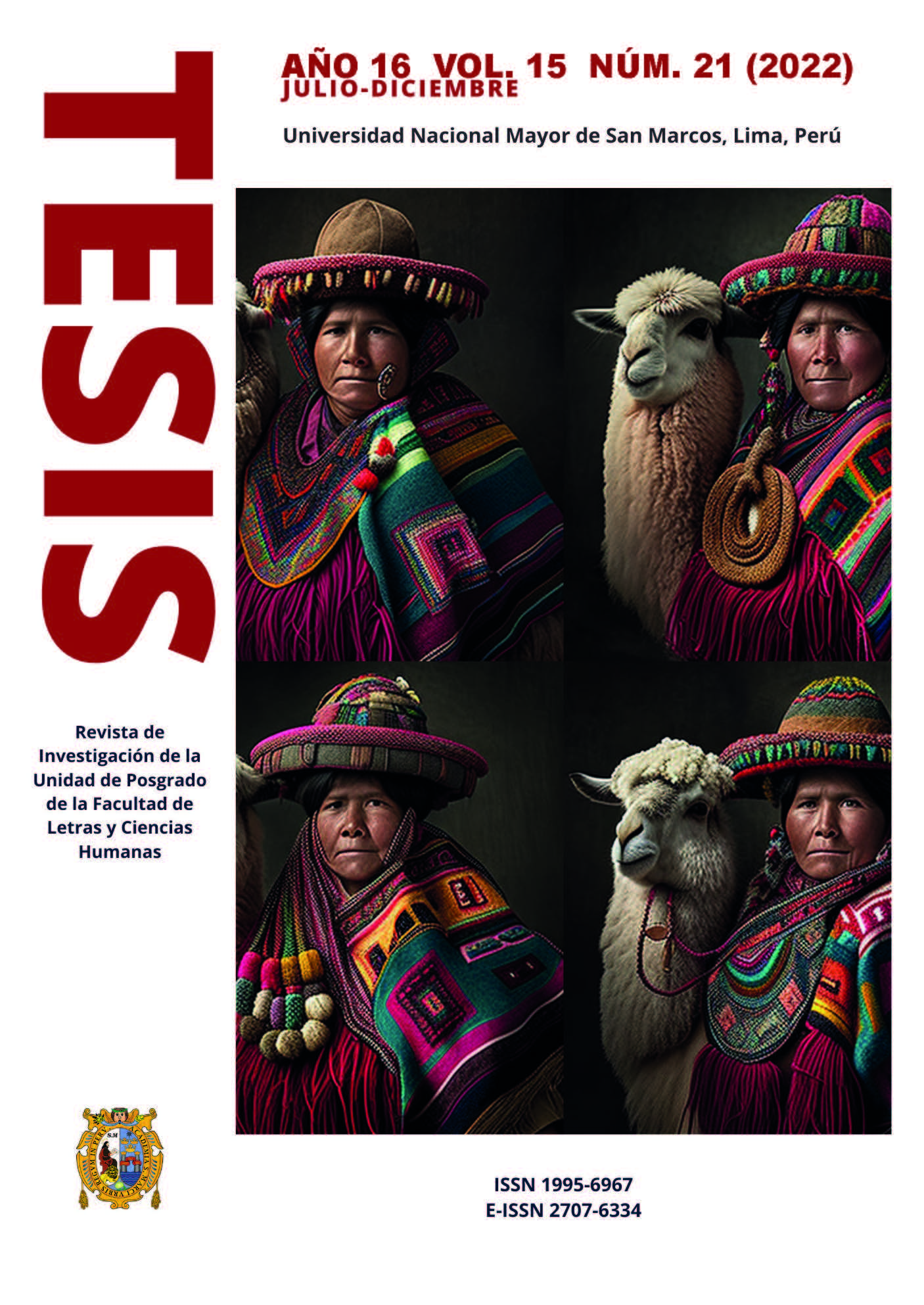Epistemological problems of prediction in Stochastic and Dynamic General Equilibrium (DSGE) models
DOI:
https://doi.org/10.15381/tesis.v15i21.22918Keywords:
prediction, EGDE, mind-brain, predictive coding theory of cognition, complex systemsAbstract
This article highlights the impact and criticism of the theoretical assumptions of prediction in the EGDE models, in addition to its scope and limits in terms of economic policy carried out by central banks. We have chosen various topics to explain predictive phenomena in social sciences and mainly in economics, based on econophysics, econometrics and macroeconometrics applied to EGDE models, but they revolve around the mind-brain problem and the “theory of cognition of predictive coding”. We conceptualize their contributions through epistemological problems and relate them to their application to EGDE models. Thus, we intend to emphasize the task of our criticism to open the field of analysis of prediction theories towards complex systems in social sciences and other epistemic debates. Therefore, the thesis of limitations in prediction is defended under the concept of the brain as a prediction engine to give a contribution to a possible epistemological conception of prediction in natural and social sciences.
References
Abhyankar, S. (1969). Resolution of singularities of algebraic surfaces. Oxford University Press.
Agassi, J. (2014). Popper and his popular critics: Thomas Kuhn, Paul Feyerabend and Imre Lakatos. Springer.
Banerjee, A. & Duflo, E. (2011). Poor Economics. A Radical Rethinking of the Way to Fight Global Poverty. Public Affairs.
Bunge, M. (1997). Causalidad: El principio de causalidad en la ciencia moderna. Editorial Sudamericana.
Cabrera Crot, L. E. (2016). Búsqueda dinámica de patrones sobre trayectorias [Tesis para optar el grado académico de Magíster en Ciencias de la Computación]. Universidad del Bío-Bío. Facultad de Ciencias Empresariales. Departamento de Sistemas de Información. http://repobib.ubiobio.cl/jspui/bitstream/123456789/1765/1/Cabrera_Crot_Luis_Emilio-.pdf
Chakraborti, A., Toke, I, Patriarca, M. & Abergel, F. (2010). Econophysics: Empirical facts and agent-based models. Quantitative Finance. https://arxiv.org/abs/0909.1974
Focardi, S. M. (2015). Is economics an empirical science? If not, can it become one? Frontiers in Applied Mathematics and Statistics. https://doi.org/10.3389/fams.2015.00007
García-Bermejo, J. C. (2012). Sobre la economía y sus métodos. Editorial Trota.
González, W. (2015). Philosophico-methodological analysis of prediction and its role in economics. Springer.
Harsanyi, J. (1967). Games with Incomplete Information Played by “Bayesian” Players, I–III Part I. The Basic Model. Management Science. https://doi.org/10.1287/mnsc.14.3.159
Hernández-Leal, E., Duque-Méndez, N., & Moreno-Cadavid, J. (2017). Big Data: una exploración de investigaciones, tecnologías y casos de aplicación. TecnoLógicas. http://www.scielo.org.co/pdf/teclo/v20n39/v20n39a02.pdf
Hironaka, H. (1964) Resolution of singularities of an algebraic variety over a field of characteristic zero. Annals of Mathematics. https://doi.org/10.2307/1970547
Jaffé, K. (2008). ¿Qué es la ciencia? Una visión interdisciplinaria. Fondo editorial de la UIGV.
Johansson, L.-G. (2021). Empiricism and Philosophy of Physics. Springer.
Kuhn, T. (1994). La estructura de las revoluciones científicas. Fondo de Cultura Económica.
Maslin, T., (2009) Introdução à Filosofia da Mente. 2ª edição. Artmed.
Northcott, R. (2018). Prediction versus accommodation in economics. Journal of Economic Methodology. https://philarchive.org/archive/NORPVA
Mendonça, D., Curado, M., & Gouveia, S. (2021). The philosophy and science of predictive processing. Bloomsbury academic.
Popper, K. 2006. La miseria del historicismo. Alianza Editorial.
Redman, D. (1995). La teoría de la ciencia de Karl Popper: auge y caída de la ingeniería social. Cuadernos de economía, Vol. 14 Núm. 23 (1995). Universidad Nacional de Colombia (Sede Bogotá). Facultad de Ciencias Económicas. Escuela de Economía.
Ribeiro, M. (2020). Income distribution dynamics of economic systems: An Econophysical Approach. Cambridge University Press.
Selten, R. (1965). Spieltheoretische Behandlung eines Oligopolmodells mit Nachfrageträgheit. Zeitschrift für die gesamte Staatswissenschaft. http://www.jstor.org/stable/40748908
Spanos, A. (2021). Methodology of Macroeconometrics. Economics and finance. https://doi.org/10.1093/acrefore/9780190625979.013.175
Szabó, B. & Babushka, I. (2021). Methodology of model development in the applied sciences. Journal of Computational and Applied Mechanics. https://www.researchgate.net/publication/351005554
Thach, N., Kreinovich, V., Trung, N. (2021). Data Science for Financial Econometrics. Springer. https://doi.org/10.1007/978-3-030-48853-6
Downloads
Published
Issue
Section
License
Copyright (c) 2023 Enrique Agapito Barrientos Apumayta

This work is licensed under a Creative Commons Attribution 4.0 International License.
THE AUTHORS RETAIN THEIR RIGHTS:
(a) The authors retain their trademark and patent rights, and also on any process or procedure described in the article.
(b) The authors retain the right to share, copy, distribute, execute and publicly communicate the article published in Tesis (Lima) (in example, depositing the article in an institutional repository or publish it in a book), with recognition of its initial publication in the Tesis (Lima).
(c) The authors retain the right to make a later publication of their work, to use the article or any part of it (for example: a compilation of their works, notes for conferences, thesis, or for a book), provided that they indicate the source of publication (authors of the work, magazine, volume, number and date).














